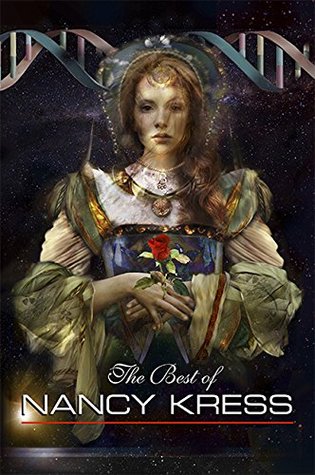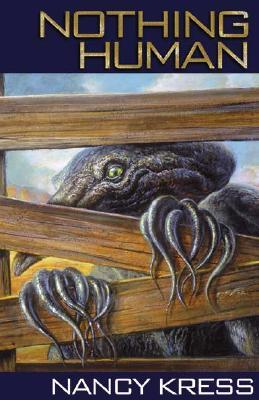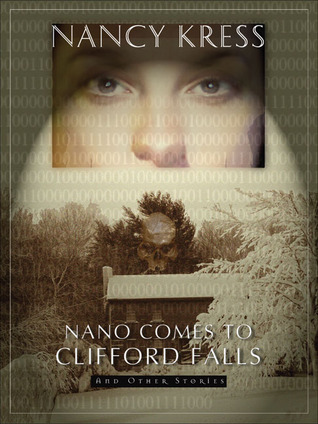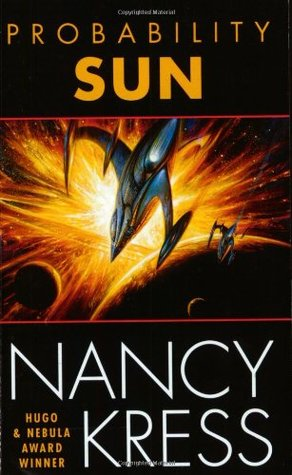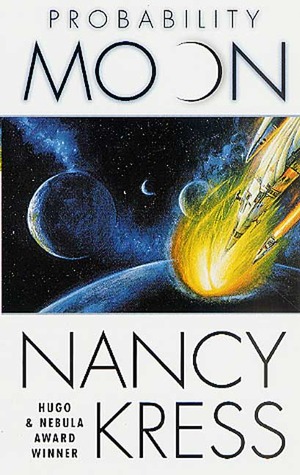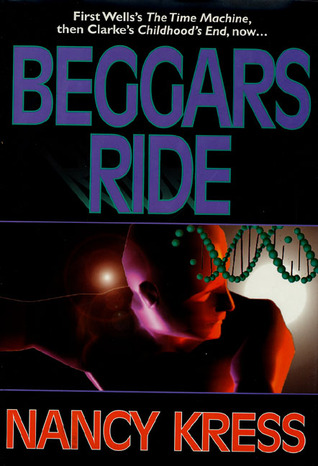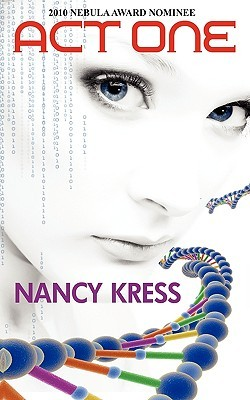
Nancy Kress has fast become one of my favourite science fiction authors. Like most authors I’m a fan of, her works don’t always make it on my favourites list, but they always make me think. Kress often explores how technology affects humanity’s relationship with nature and our own biology. She continues to play with these themes in After the Fall, Before the Fall, During the Fall while adding in an ineffable alien menace and the…

